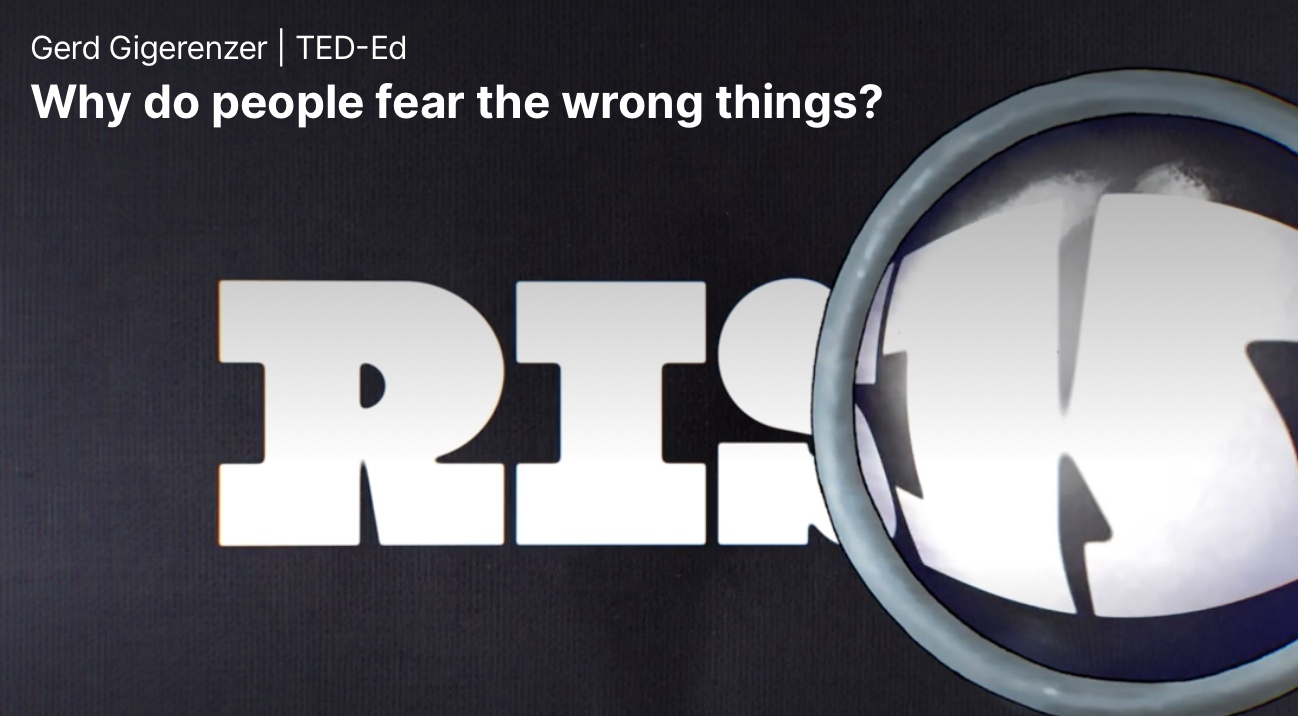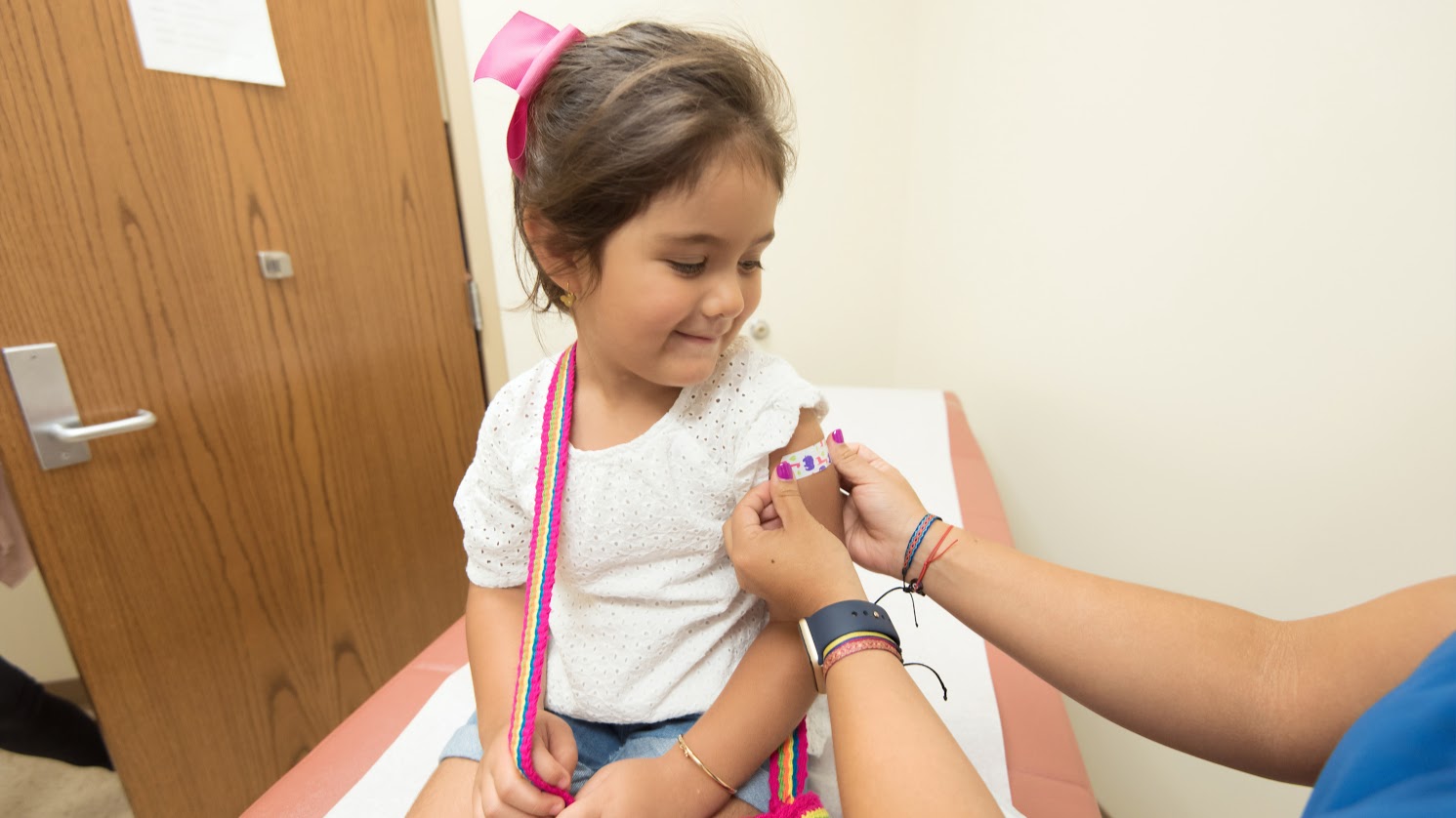TED-Ed Talk: "Why do people fear the wrong things?"
A new drug reduces the risk of heart attacks by 40%. Shark attacks are up by a factor of two. Drinking a liter of soda per day doubles your chance of developing cancer. These are all examples of a common way risk is presented in news articles, and can often be misleading. So how can we better evaluate risk? Gerd Gigerenzer explores the difference between relative and absolute risk. [Directed by Visorama, narrated by Addison Anderson].
» video


